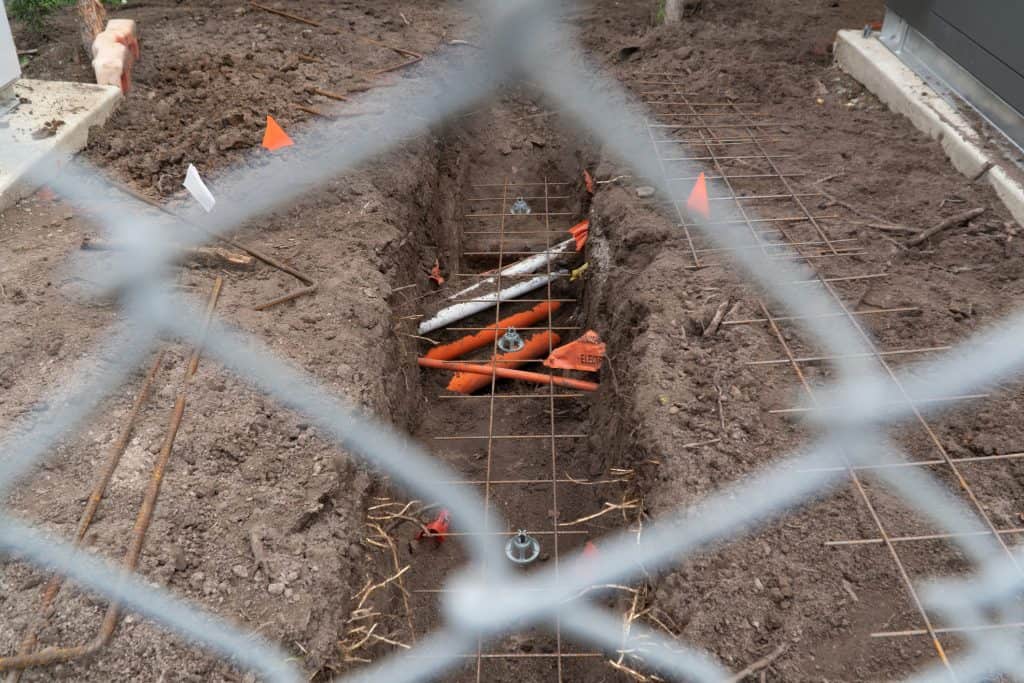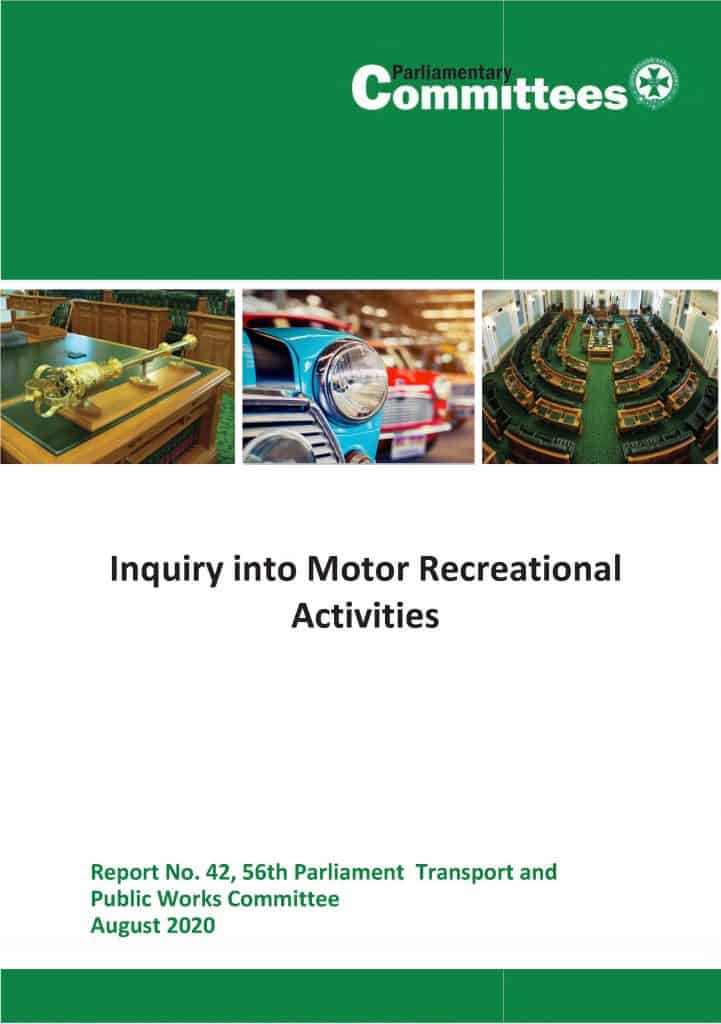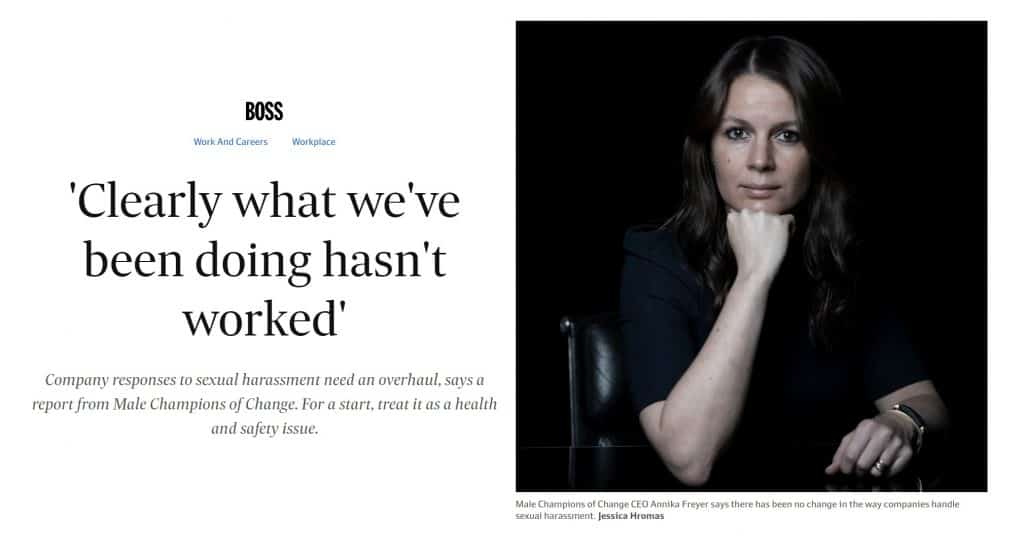
The Australian Industry Group recently released the results of a survey of its members about how COVID19 has affected their businesses. Understandably, the financial future of the businesses is the major concern but occupational health and safety (OHS) has been part of the business responses.
OHS was part of the initial scrabble to cope with the localised effects of a global pandemic. The report says
“Increased workloads due to new OH&S and healthcare procedures were still being reported by 6% of businesses in August, down from a high of 25% in the first stages of the pandemic in March. In Victoria, 10% of businesses reported concerns about the increase in this type of workload in August, compared with 2% in New South Wales and no businesses in Queensland.”
page 8






